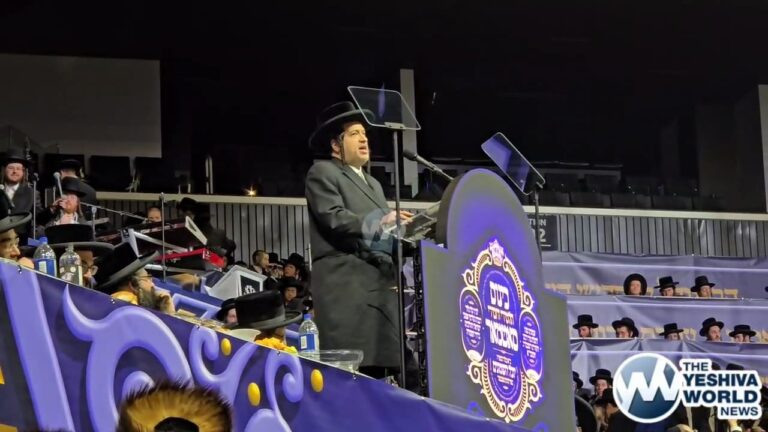Ramapo, NY – The town’s denial of a property tax exemption for 130 acres owned in Pomona by Congregation Rabbinical College of Tartikov won the support of a state Supreme Court judge.
In his decision Wednesday, Justice John La Cava ruled in part that Tartikov’s profit from a summer camp negated its tax-exempt status.
That was particularly true, La Cava decided, because the property was otherwise undeveloped, so the camp couldn’t be connected to other activities.
His decision could mean more town, county and school-tax revenue but would have no impact on village taxes because Pomona granted an exemption to Tartikov.
Whether Tartikov will appeal was undetermined.
Tartikov sued the town in 2007, charging it was entitled to the same exemption granted to a prior owner, Yeshiva of Spring Valley, which had a similar arrangement with the summer camp.
A 2005 agreement between Tartikov and Camp Merokim Inc. called for $331,000 to be paid to Tartikov between 2005 and 2009.
Ramapo Town Attorney Michael Klein said yesterday, “We denied the exception as soon as we became aware of the agreement between the camp and the property owner.”
Joel Scheinert, a Nanuet attorney representing Tartikov in the tax case, could not be reached yesterday at his office.
Another Tartikov attorney, Paul Savad of Nanuet, said the decision had “no bearing on the College of Tartikov’s efforts to build the college. This is about a camp. It has nothing to do with the college.”
It has a lot to do, though, with tax dollars.
Ramapo Assessor Scott Shedler said the court decision, which covers 2006-08, could mean a cumulative $280,000 in town, county and school taxes.
Pomona, though, has nothing to gain because it rejected Shedler’s decision.
So while Pomona budgeted about $200,000 this year to oppose a discrimination lawsuit brought by Tartikov – the group charges that zoning discriminates against Hasidic Jews – the village will be out $12,000 of tax revenue this year on an assessment of about $750,000.
Pomona’s loss totals about $20,000, including last year’s exemption.
Village Attorney Doris Ullman said it was too late to change the exemption status in 2009 because the tax roll closed April 1.
“We will consider it certainly for the upcoming years,” Ullman said.
The village board voted, with two members opposed, to override Shedler after hearing Scheinert’s account of Yeshiva of Spring Valley’s exemption.
In court, La Cava found that Tartikov relied substantially on a 1958 case regarding the tax exemption of Pace College, despite the operation of a profit-making cafeteria on campus.
The cafeteria, though, was part of the college’s day-to-day operation, while the summer camp was the only activity on Tartikov’s property.
“In essence, there were no other religious or nonprofit activities for the (for-profit camp) to be incidental to,” La Cava ruled.
Tartikov has announced plans for a rabbinical college off routes 202 and 306 but has not filed plans with the village.
An initial proposal showed a possibility of more than 1,000 students living there, plus family members, but Savad has said the intent was for only about 250 students residing near the center of the property.
(LINK to article on Lohud.com)










